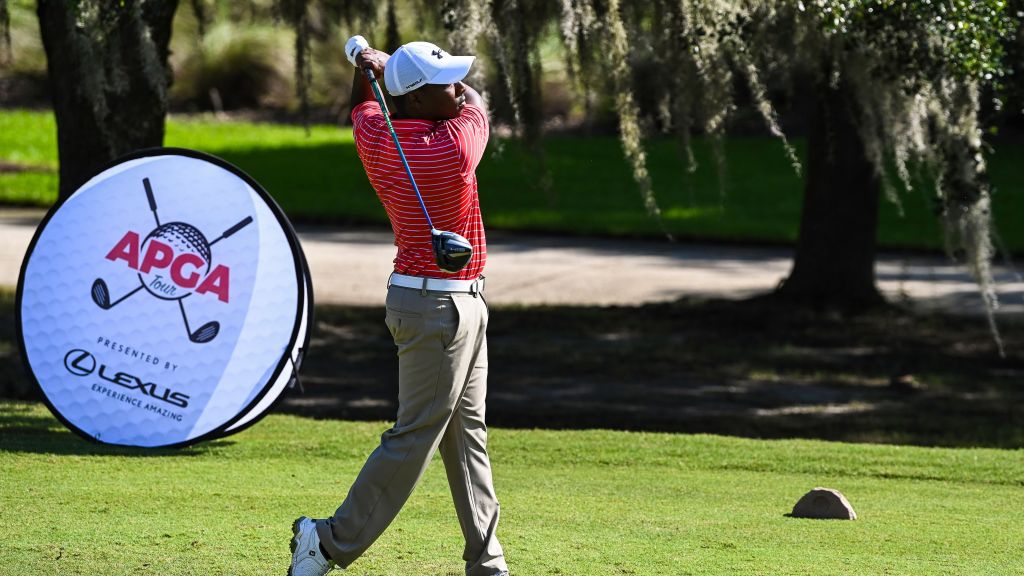ATLANTA — At the end of every FedExCup, with its $18 million top prize on the line, the PGA Tour celebrates holding its championship event at East Lake, an exclusive golf club in the middle of a racially diverse, mixed income Atlanta neighborhood that has been revitalized through public planning, corporate investment and tens of millions in philanthropy that the Tour and its sponsors have helped raise.
It is, of course, a worthy effort that has anchored one of professional golf’s signature events to a unique location, smack in the middle of a city that has more Black residents than white.
And yet more than 25 years after Tiger Woods won his first Masters, all of the sport’s grassroots investments have failed to result in more diversity at the highest level, with only a few people of color on the PGA Tour. Among the 30 players who made it to East Lake, the only golfers of color represented among American players are Polynesian (Tony Finau) and Asian-American (Collin Morikawa).
“I think we, as an industry, thought Tiger introduced the game to a lot of people so therefore the game is going to grow and we will have more Black and brown professionals,” said Kenyatta Ramsey, the Tour’s senior director of player development. “But there’s so many things that go into being a professional, and I think as an industry it probably took time to understand that we’ve got to go a little bit deeper.”
A significant part of that depth unfolded last week, about a 40-minute drive into the Atlanta suburbs at TPC Sugarloaf, a private club whose fairways are lined with multi-million dollar homes.
On Aug. 14 and 15, TPC Sugarloaf hosted the top event of the APGA Tour — the A standing for “Advocates” — where 55 players competed for the season’s biggest prize of $55,000 over 36 holes. With a few exceptions, the field was comprised of young, Black players — some still ascending, others barely hanging on to their dreams — who are at least a couple of steps away from the PGA Tour.
For any of them, the odds of making it are long. But with the support of the PGA Tour over the last few years, which includes everything from securing top-notch facilities for tournaments to connecting some of the top prospects with coaching, potential sponsors and other developmental resources, the APGA is hoping to become the kind of incubator for golfers of color that was maybe taken for granted in the years after Woods’ surge to the top of the sport.
“At this…
..
Click Here to Read the Full Original Article at Golfweek…
